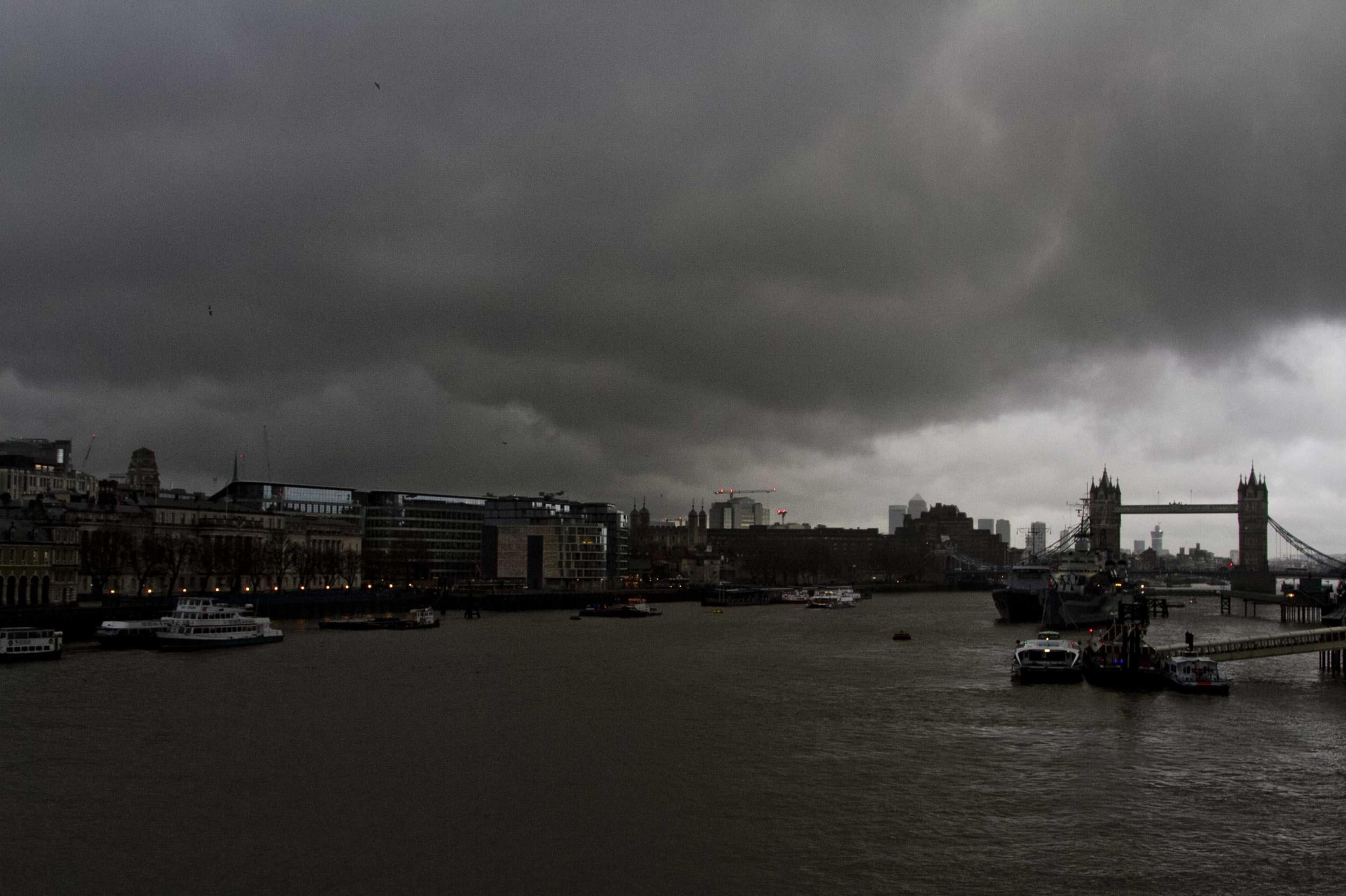It's the banks that will celebrate most this New Year's Eve – they've just been let off the hook
The FCA has chosen to bury bad news while the rest of us are out swigging fizzy wine


Your support helps us to tell the story
From reproductive rights to climate change to Big Tech, The Independent is on the ground when the story is developing. Whether it's investigating the financials of Elon Musk's pro-Trump PAC or producing our latest documentary, 'The A Word', which shines a light on the American women fighting for reproductive rights, we know how important it is to parse out the facts from the messaging.
At such a critical moment in US history, we need reporters on the ground. Your donation allows us to keep sending journalists to speak to both sides of the story.
The Independent is trusted by Americans across the entire political spectrum. And unlike many other quality news outlets, we choose not to lock Americans out of our reporting and analysis with paywalls. We believe quality journalism should be available to everyone, paid for by those who can afford it.
Your support makes all the difference.It seems that the ghost of infamous spin doctor Jo Moore is haunting our City watchdogs.
With most people’s attention focused on what sort of fizzy wine to get in and which of their favourite stars of screen and sport have bagged honours, no one’s much interested in business news.
That makes New Year’s Eve a very good day to follow Ms Moore’s advice and bury bad news.
The Financial Conduct Authority has clearly been reading her PR manual.
Let me explain. In March the watchdog unveiled plans to review whether culture change programmes in retail and wholesale banks were actually improving bankers’ behaviour “in particular focusing on remuneration, appraisal and promotion decisions of middle management, as well as how concerns are reported and acted on”. Pay and whistleblowing, in other words.
The review was identified as one of the Financial Conduct Authority’s “key priorities”. Indeed, it was the first piece of work mentioned in its business plan. Small wonder given the ugly parade of scandals that have followed the financial crisis.
That work will now not see the light of day, and the announcement saying so was made smack in the middle of the festive season, when no one much is paying attention.
Perhaps we shouldn’t be overly surprised. The City has become increasingly restive of late, culminating in HSBC’s threat to depart from these shores.
Confronted with the choice of either facing down the financial centre or turning a blind eye, Chancellor George Osborne chose the latter and the regulators have dutifully followed his lead.
It started with the decision to replace his much criticised banking levy with a less onerous tax on bank profits. The tough as nails boss of the FCA Martin Wheatley, under whose leadership the review of banking culture was unveiled, was then elbowed aside. He is yet to be replaced. The “presumption of responsibility” drafted to stop senior bankers getting away with saying they didn’t know anything about misconduct going on under their noses? Dropped to be replaced with the more nebulous “duty of responsibility”. Oh, and the payment protection insurance (PPI) review? The New Year will see it time barred.
The message is clear: The City is to regain its status as the golden child of Britain’s economy, the recipient of as much love, money, and light touch regulation, as it can cope with.
We have been here before, only under Labour. It was during the Blair/Brown premierships that the concept of “light touch” regulation was developed. At first it worked. The City knocked New York off its top sport as companies fled the onerous Sarbanes-Oxley accounting reforms drafted in the wake of the Enron scandal. Peter Mandelson told people he was “intensely relaxed about people getting filthy rich” and lots of them took him at his word. There was the occasional fine levied so people knew that a regulator existed. But these amounted to little more than slaps on the wrist.
The upshot was a crisis that nearly destroyed Britain’s economy. It only recently clawed back what it lost. The inflation adjusted income of the average Briton remains under the waterline.
For its part, the FCA insists that reforming the industry’s debased culture remains a priority. We are told that it will continue to engage “individually with firms to encourage their delivery of cultural change”. In other words, quietly, where no one can see. Banks which are still behaving badly (and plenty of them are) will be allowed to fix their problems in private. Or - and this is what should worry us - paper them over. Paper them over until the next time things get nasty and they come knocking on our doors looking for bailouts. And the doors of our local schools, hospitals, and refugee centres.
We have not yet gone back to a bad future. Real reforms have been enacted, albeit (sometimes) reluctantly, at the urging of people such as Treasury Committee chairman Andrew Tyrie.
Buried on New Year’s Eve, however, the FCA’s decision provides more evidence that the direction of travel has changed. We will all be the poorer if this results in the City finding another bump in the road to crash the car into.
Join our commenting forum
Join thought-provoking conversations, follow other Independent readers and see their replies
Comments